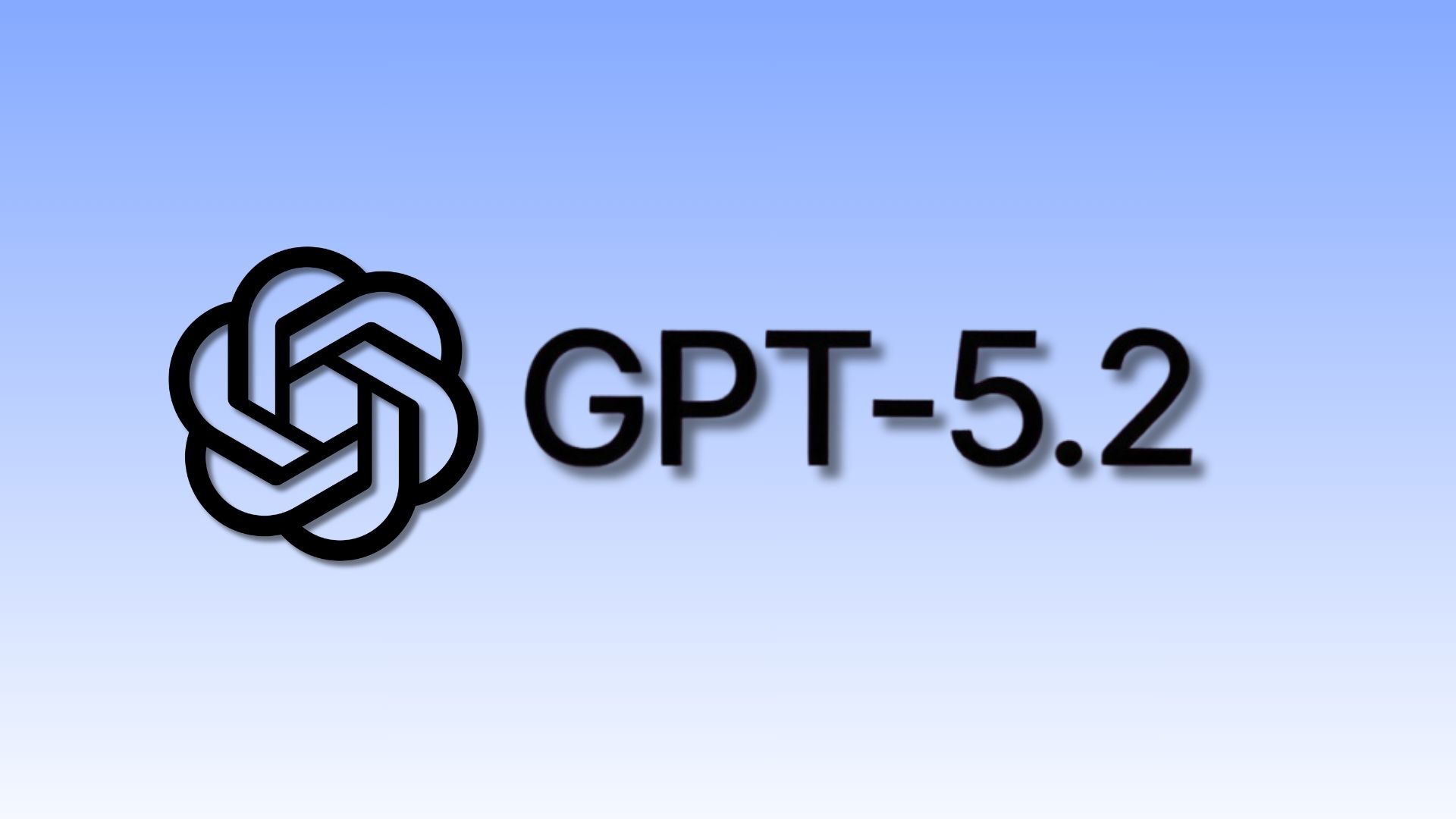The telecommunications firm, SK Telecom, is preparing to unveil A.X K1, Korea’s first hyperscale language model built with 519 billion parameters.
Around 33 billion parameters are activated during inference, so the AI model can keep strong performance instead of demanding excessive computing power. The project is part of a national initiative involving universities and industry partners.
The company expects A.X K1 to outperform smaller systems in complex reasoning, mathematics and multilingual understanding, while also supporting code generation and autonomous AI agents.
At such a scale, the model can operate as a teacher system that transfers knowledge to smaller, domain-specific tools that might directly improve daily services and industrial processes.
Unlike many global models trained mainly in English, A.X K1 has been trained in Korean from the outset so it naturally understands local language, culture and context.
SK Telecom plans to deploy the model through its AI service Adot, which already has more than 10 million subscribers, allowing access via calls, messages, the web and mobile apps.
The company foresees applications in workplace productivity, manufacturing optimisation, gaming dialogue, robotics and semiconductor performance testing.
Research will continue so the model can support the wider AI ecosystem of South Korea, and SK Telecom plans to open-source A.X K1 along with an API to help local developers create new AI agents.
Would you like to learn more about AI, tech and digital diplomacy? If so, ask our Diplo chatbot!










